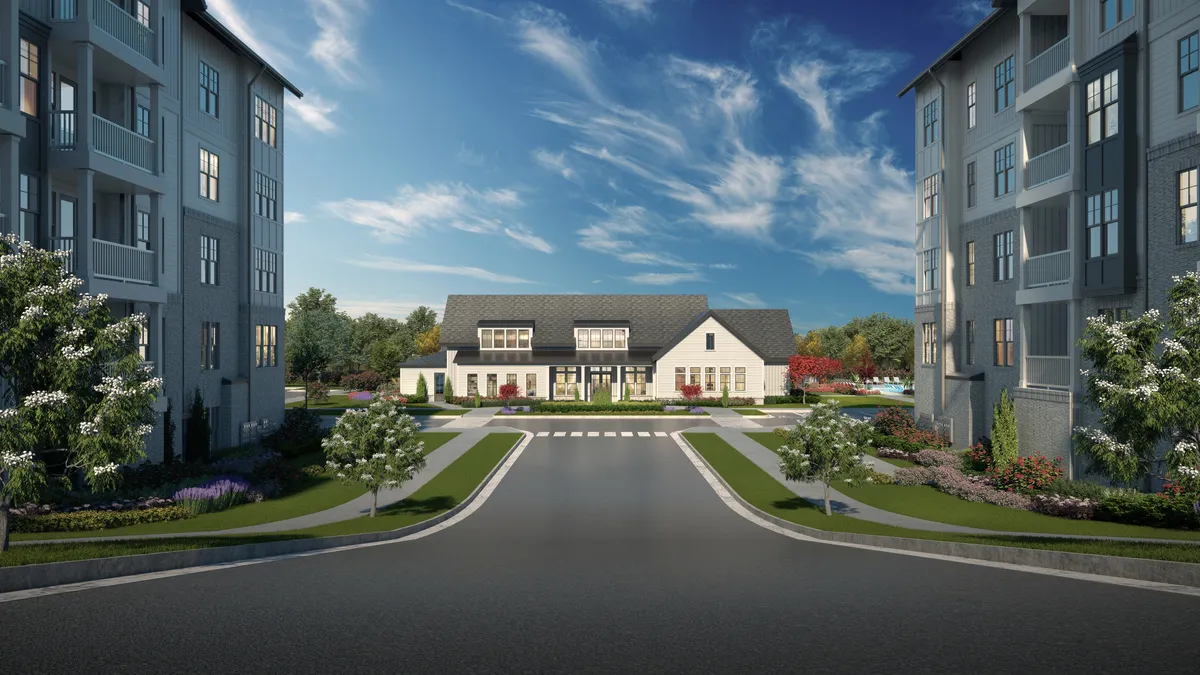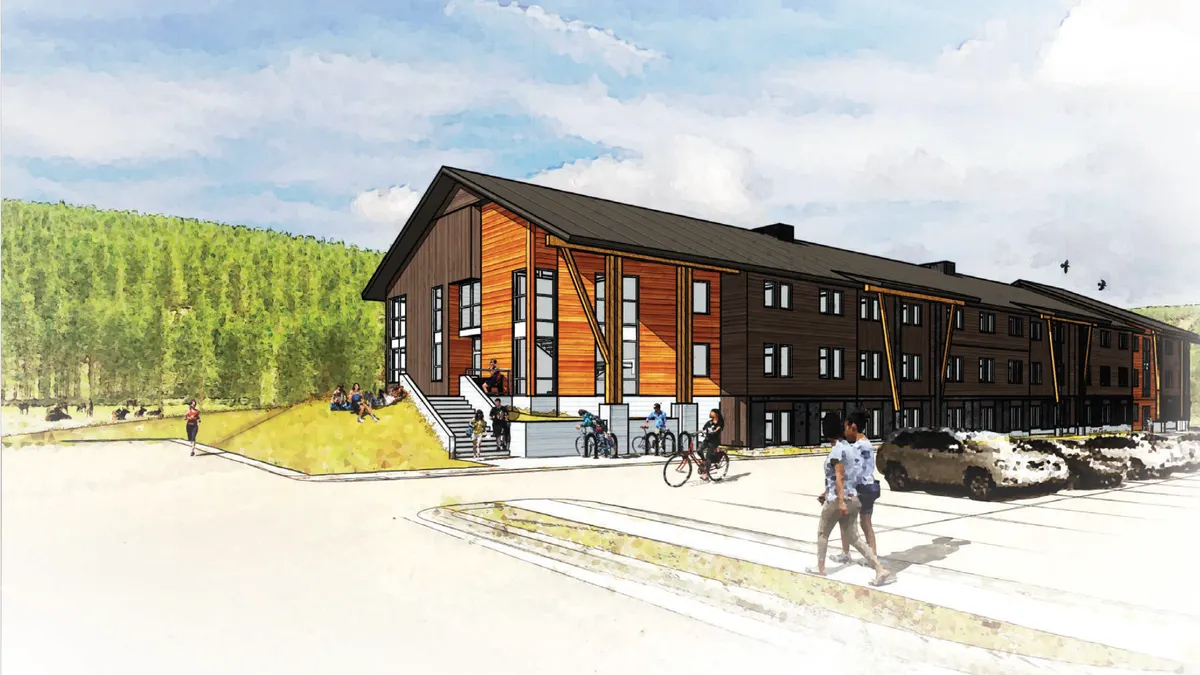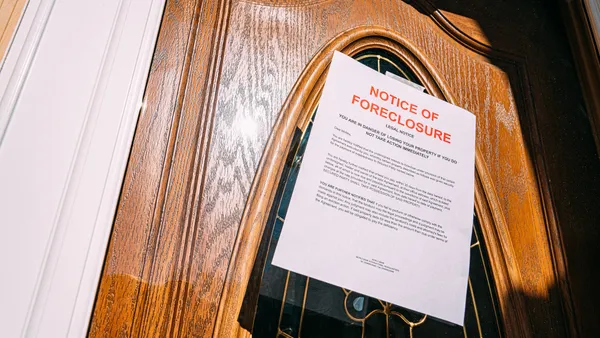As apartment starts slow in 2023, developers need to be much more careful.
For Atlanta-based apartment developer RangeWater Real Estate, that means being more cautious about how it moves through its pre-development pipeline.
“There's so much uncertainty in the market,” Brian Oates, executive managing director of development at RangeWater Real Estate, told Multifamily Dive. “Where previously we'd get a project under contract and move as quickly as we could, we're being a little bit more strategic in looking at the milestones so that our pre-development spend is tracked a little bit better.”
RangeWater will still be active, planning to start 1,327 units this year. But that will be a dropoff from the 2,774 and 2,482 apartments started in 2022 and 2021, respectively. It also manages more than 93,000 multifamily units across 11 states.
RangeWater will continue to look at new markets, but Oates said the company will focus on growing in the areas where it already has offices. “We’re really focusing on Texas, Colorado and Arizona, where we currently have a presence, but want to have a deeper penetration,” he said
Here, Oates talks with Multifamily Dive about the labor, materials and the financing outlook for 2023.
This interview has been edited for brevity and clarity.
MULTIFAMILY DIVE: Do you expect construction to slow in 2023?
BRIAN OATES: We think 2023 is going to slow down. One of the biggest factors is interest rates and capital markets. The debt markets have gotten a lot more expensive. That is making things challenging. And then because of interest rates, the cap rates are expanding, which means values are going down.
This year we'll start fewer projects than we have the last several years. But our key is to execute and really make sure to get those started. We feel like anything we can get done and which has a unique story is going to outperform because there is going to be limited supply when these projects are delivered in 16 to 24 months.
What do you see happening with labor and materials?
Even though we see starts slowing down, contractors are still busy. Until their backlog gets eaten up, I don't think we're going to see much movement from a labor perspective or from a material cost perspective.

What we are predicting, based on our conversations with our contractors and our in-house general contractor, is that pricing will hopefully moderate. Last year, across our markets, pricing went up about 18%. We think they're going to be up 3% to 5% across most of our markets this year. We're just looking for stability.
Are supply chain issues easing?
We don't have pricing advantages yet. We're still in the process of seeing the delays shorten for the availability of materials. Our electrical equipment — transformers and switch gears — have 12-month lead times in several of our markets. So we're still trying to play around with those supply chain challenges.
How difficult is it to get construction financing?
There are larger banks that potentially have exposure in other asset classes that are saying, “We're just not lending for new construction right now.” That's a portion of it.
We also work quite a bit with some regional banks, and their lending requirements have tightened up. Then on top of that, historically, a lot of these banks were working with merchant developers. And the idea is that as loans are coming off their books, they are replenishing us with new loans. But since there are limited sales, developers aren’t paying off those loans.
So some of the lenders we deal with are saying, “We enjoy working with you guys, but we need to replace one of these construction loans. Since we’re holding on to deals a little longer, there’s not as much capital to put back into new construction.”
Do you see some merchant developers being forced to sell their projects before they want to?
In my mind, the first domino to fall will be some of those groups who may have the values reset by 20% but still want to take the chips off the table and make a little bit of money. Then I think, later in the year or next year, the developers who used some aggressive financing, have mezzanine debt or have added additional people in the capital stack will be forced to sell. But we have not put additional preferred equity on our deals.
Click here to sign up to receive multifamily and apartment news like this article in your inbox every weekday.









